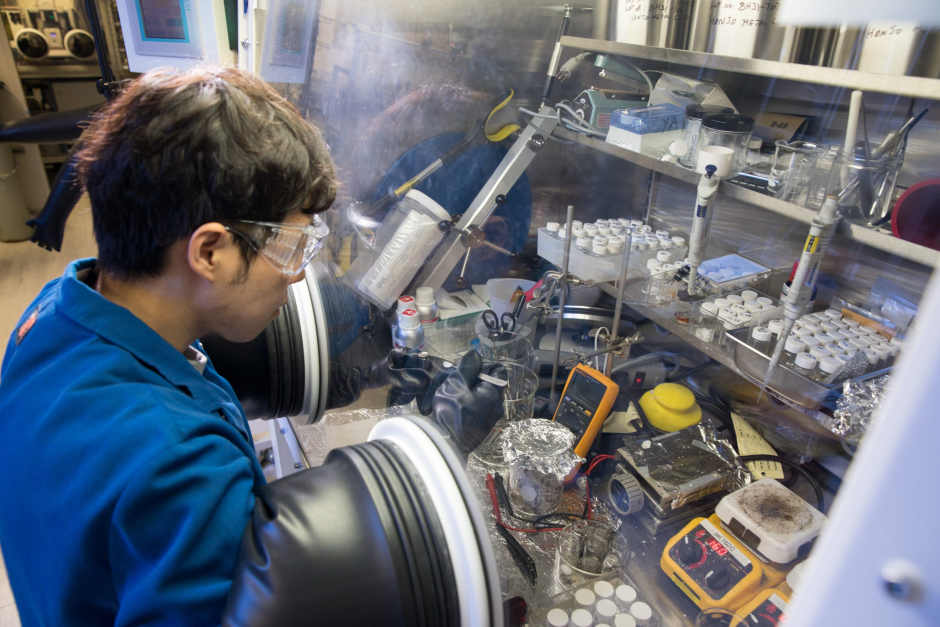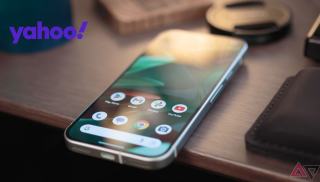With the effects of global warming and climate change being more evident than ever before in human history, the world is starting to move more and more towards sustainability. Sustainable power and transportation have become increasingly important over the past few decades. As such, many aspects of our lives, such as the cars we drive and how we get our power are starting to rely on renewable systems. A huge part of these systems are the batteries required to store and distribute this power as it is needed. Unfortunately, currently battery technology is not even remotely sustainable, due to the fact that it requires the energy intensive mining and transport of heavy metals such as cobalt and nickel. With demand for batteries expected it increase manifold in the coming years, this simply isn’t feasible. However, that could all change thanks to the researchers at IBM.
This Wednesday, IBM Research announced the development of a new type of battery technology which uses sustainable materials on its blog. The new battery does away with the heavy metals used in traditional batteries. Not only are these metals difficult to extract, they have also been linked to ‘exploitative extraction practices’ in Central Africa where much production of these metals is concentrated. Instead, IBM’s new battery uses three newly developed proprietary materials instead. The materials are extracted from seawater, making the production of this battery both safer and more sustainable.
Not only is this battery better for the environment, but it also outperforms the best battery technology in production right now. According to IBM Research, it will be able to charge to 80% in less than 5 minutes without damaging battery life and has a higher charge density than lithium-ion. It will be cheaper to produce due to the lack of heavy metals in its construction, which also reduces the risk of flammability.












